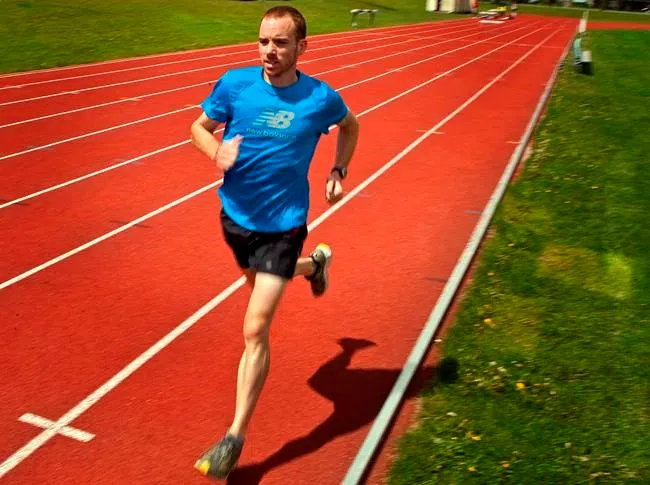
Obstacle or opportunity? Doha’s world championship marathon to start at midnight
TORONTO — Runners will step up to the starting line for the next world championship marathon at a time Canada’s best marathoners are already asleep.
Dubbed the “midnight marathon,” the 42.195-kilometre race at the 2019 world track and field championships in Doha will be held at midnight in an effort to avoid the sizzling heat in the Persian Gulf state.
Last week’s announcement of the world championship schedule prompted an outcry on social media. British marathoner Mara Yamauchi was among critics that took to Twitter, writing: “WC Doha 2019 marathon start at midnight?! I wonder if IAAF a) asked marathon runners’ views, b) considered athletes & their welfare, c) considered likely (or unlikely) road-side support in making this decision??”
While track and field schedules often run late into the night, marathons are traditionally held in the morning. Runners are used to rising before the sun does.